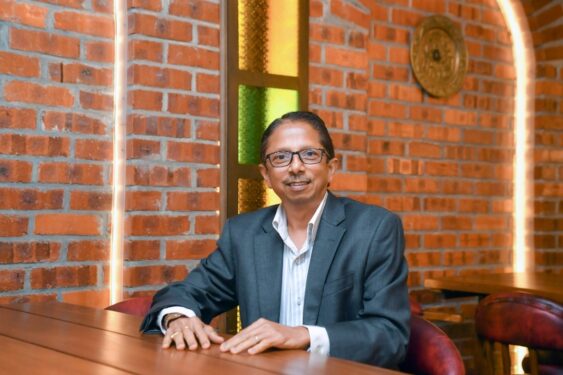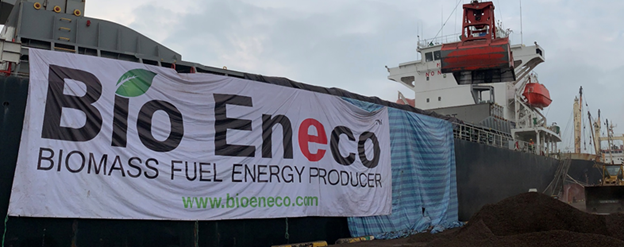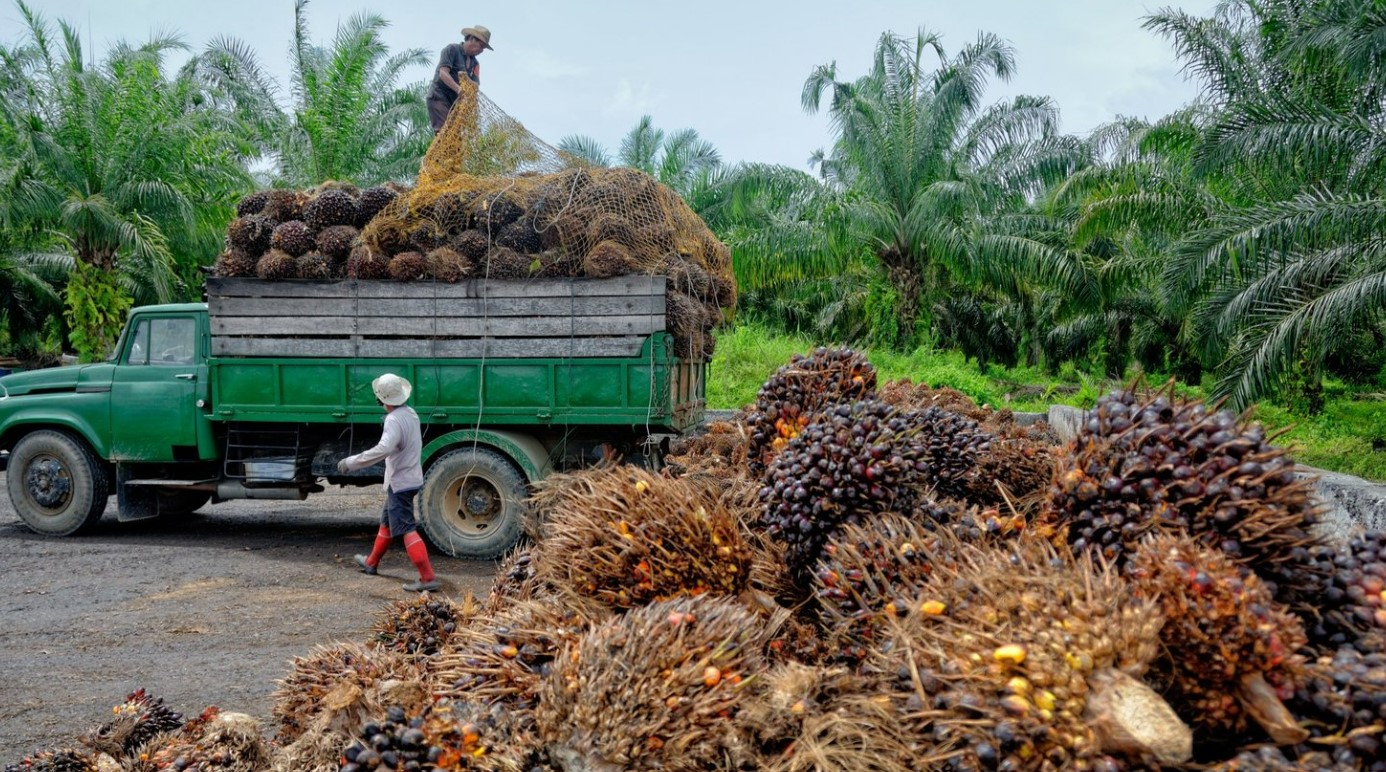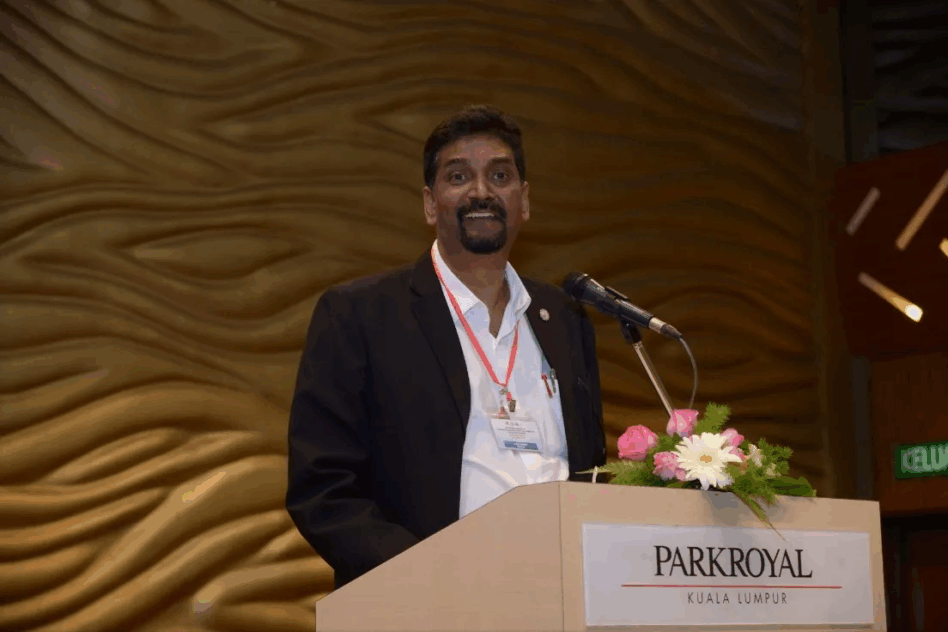THE Environment, Social, and Governance (ESG) and climate change issues have certainly changed the way we work, live and play. In view of changing behavioural patterns, ESG parameters are now key drivers of our consumption habits to ensure we meet the global objective of net zero by 2050.
As we all know, net zero refers to a state in which the greenhouse gases going into the atmosphere are balanced by removal from the atmosphere, thus ensuring that our earth has finally tackled the all-important global warming impact on the environment.
The race to achieve the net zero target is also adopted by Malaysia. Being a signatory to the Sustainable Development Goals (SDG), Malaysia is taking steps to achieve the 17 SDGs that were outlined which among others, include Goal No. 7: Affordable and Clean Energy.
As we know, energy is one of the biggest factors contributing to climate change as 60% of total global greenhouse emissions are attributable to energy consumption, derived from a mixture of various forms of energy generation.

Today, the world is transiting from relying on fossil fuels to generate electricity to renewable energy (RE). A recent report from Greece was an eye-opener when it comes to energy consumption. Greece achieved a new milestone when it was able to generate electricity with 100% RE for at least five hours, generating some 3,106-megawatt (MW) hours of power.
RE is the new economy
With energy companies globally moving away from fossil fuels, it came as no surprise that national utility company Tenaga Nasional Bhd which has a large source of generation mix from coal and gas announced its commitment towards net zero by 2050.
Launched in 2021, the National Energy Road Map has mapped out Malaysia’s RE aspirations with the aim of achieving a RE share of 31% or 12.9 gigawatts (GW) in 2025 and 40% or 18.0GW in 2035.
As at end of 2020, Malaysia had some 8,451MW capacity but two-thirds of the capacity was from hydro-based power plants while biomass accounted for just some 589MW in capacity or just 6.2% of total RE capacity.
To achieve the 2025 and 2030 target of 31% RE generation mix, Malaysia’s total RE capacity is set to jump to 12,916MW with biomass capacity alone increasing to 862MW, translating to a 6.7% share of the RE market. It is clear that demand for RE is rising with biomass being one of the strongest sub-sectors of capacity growth over the next two to three years.
Transition to RE drives demand for biomass fuel
As we see not only in developed nations adopting clean energy solutions for their electricity generation needs but across the world, demand is rapidly rising among all nations.
Biomass fuel is a renewable source of fuel produced from recycling organic waste materials like wood chips, wood pellets, palm kernel shells, and of course, empty fruit bunches.

Surprisingly, data from 2019 showed that Malaysia produced some 91.9 million tonnes of dry-weight oil palm biomass and another 7.8 million cubic metres of timber and wood-based biomass.
This can produce almost 20.5 million tonnes of dry-weight residues of empty fruit bunch, mesocarp fibre, and palm kernel shell.
Some 12.9 million tonnes of the total can then be made available for biomass combustion which could generate as much as 2.4GW of biomass resources. With Malaysia’s vast landbank for plantation, biomass fuel is a sustainable source for future energy demand as it is also rather inexpensive.
Globally, Japan and South Korea are the two hottest markets for biomass energy production. For example, published reports claimed that these two countries alone imported a total of six million tonnes of wood pellets for what is seen as the two nation’s effort to achieve carbon neutrality.
In addition, large subsidies provided for biomass have boosted the importation of wood pellets. For Japan, the government’s feed-in tariff (FIT) scheme encourages biomass power plant producers and co-firing of coal with biomass (where coal-fired plants are made “cleaner” by substituting a small percentage of the coal with wood chips).
This has led to a surge in demand for wood chips and pellets, and palm kernel shells.
A new growth engine for Malaysia
Capitalising on overseas demand, Malaysian-based companies involved in the supply of biomass-based fuel products are doing extremely well and there should be more efforts to support the development of these unique clean energy producers.
One such company is BioEneco Sdn Bhd – a company that was founded in 2011 and that has grown by leaps and bounds, riding on the demand for clean energy.

With the aim of expanding its market reach with the supply of 2.3 million tonnes of biomass fuel products for the next three years, the company aims to focus more on demand from Japan as the land of the rising sun is expected to triple demand for biomass fuel products to 23 million tonnes by 2025.
Other than Japan, the company is also expected to ship some 204,000 metric tonnes of palm kernel shells to the Philippines and Thailand with the supply agreement sealed with P.T. Orion APAC Indonesia.
Blueprint will drive growth
Launched in March 2022, the Malaysian AgriCommodity Policy (2021-2030) or MAP outlines the direction for the development of the key agricommodity industry which among others includes plant-based fibre, biomass, and biofuels.
The key aspiration of the policy with respect to biomass is to scale up the circular economy through agricommodity biomass. Circular economy in essence refers to the utilisation of reduce, reuse, and recycle approach to minimise resource use, maximise the reuse of products and recycle materials back into the manufacturing loop to create a new or different product altogether.
With a focus on enhancing sustainability, productivity, value creation, inclusiveness, and market development, MAP has outlined the way forward for market players within the agricommodity sector.
While there are challenges, especially with respect to consistent feedstock supplies as well as high investment costs to set up a biomass processing plant, MAP has indeed outlined plans as to how to address issues impacting the biomass industries that will help Malaysia to become a biomass hub for global energy needs and at the same time helping the world to achieve carbon-neutrality.
With the blueprint in place and with the abundance of supplies, Malaysia is in a sweet spot to be a major supplier of biomass production as the race to net zero intensifies.
Pankaj Kumar is the managing director of Datametric Research and Information Centre (DARE), a Malaysian-based data gathering, strategic analysis and advocacy platform for businesses and industries in key sectors of the Malaysian economy.
The views expressed are solely of the author and do not necessarily reflect those of Focus Malaysia.









